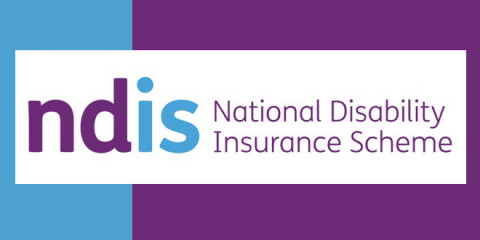
Rick Morton, Social Affairs reporter; Melbourne
The bosses of the $22 billion National Disability Insurance Agency lamented their lack of control of the autism “narrative” at a meeting this year in which they finalised a plan to curb ballooning costs, documents show.
More than a year after The Australian revealed blowouts in South Australia’s autism trial by 100 per cent, having underestimated the numbers of children with developmental delays, the National Disability Insurance Scheme board met in late January to polish off an early intervention strategy that would rely on the politically correct — and cheaper — mantra of inclusion.
Documents obtained under Freedom of Information show the agency would outsource its planning and assessment of children aged up to six to providers who “will have a capacity to provide emotional support and guidance to families, lower intensity services and support inclusion for the child in mainstream settings”.
“The design moves a number of functions and roles from the agency to a network of contracted access providers for initial information, screening, planning and early intervention responses and supports,” the board paper says.
By “mainstream settings” the agency means the classroom and childcare settings, among others, with NDIS agency chairman Bruce Bonyhady reiterating to a conference yesterday that the scheme was never meant to replace the support children receive at school.
South Australia’s trial of children blew out in numbers due to poor negotiations between the Labor state and federal governments at the time, and thousands of children now have individual plans ranging from $6000 to $16,000.
But now that must change.
“The proposed approach will ... require a significant change management effort in SA to focus families, key stakeholders and market players to agree on the outcomes the NDIS should deliver through early intervention,” the paper says. “The current debate is focused on inputs which provide limited opportunity to shape the narrative to a more sensible focus on child development and inclusion.”
The agency will start “replanning” of all children with old plans in South Australia to “transition children to this newer model”.
Although the agency released its top-level, six-page early intervention strategy in February, those discussions have not started in South Australia, say sources. “We do not really know how that is going to pan out because they haven’t started here yet,” one source said.
Queensland oncologist James Morton, who created and is chairman of the AEIOU Foundation — one of the largest early intervention providers in the country — said the NDIS process was based on a 2011 KPMG report and a 2009 departmental report, both of which specifically did not include autism in their scope.
“There is an ideology of inclusion that is not supported by a body of evidence for children with moderate to severe autism,” Dr Morton said.
“This may actually preclude the children having the key opportunities to address the handicapping nature of their autism required for long-term inclusion and participation.”